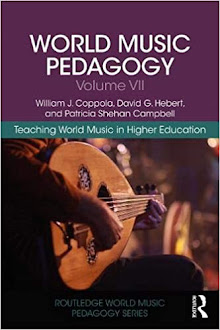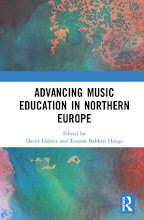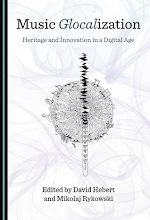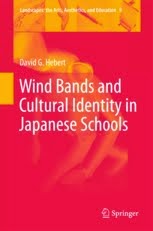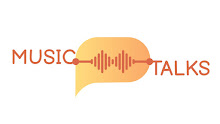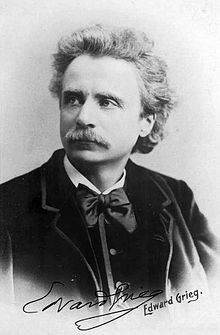
Ethnomusicologists are researchers who study music as a cultural phenomenon, and although much of ethnomusicological research addresses contemporary practices, some studies also examine historical questions. This summer I have been thinking a lot about the methods of
historical ethnomusicology, examining how studies in this subfield as well as in related fields such as anthropology, cultural history, and historical sociology, grapple with how to meaningfully represent the musical past in scholarship: both the
evidence-based past of empirical research and the
remembered past of cultural narrative (both of which seem important in very different ways).
Much of my data collection in Japan this summer has focused on questions related to how the history of western music and music education within this nation is perceived in relation to the reality of what can be confirmed by historical data. Assuming that most of what had already been written on this topic was probably true, I entered this study with some untested beliefs and then encountered several surprises along the way. Many common interpretations and beliefs regarding this history have turned out to be rather different from what may actually be confirmed, including such questions as the following:
What is the oldest surviving form of European music in Japan? How did the first European instruments arrive in Japan? Who taught the first European string, percussion, brass, and keyboard instruments in Japan, and how and where were they taught? What is the oldest continuously performing westernized music ensemble in Japan? What is the oldest professional European orchestral ensemble in Japan? To what extent is it accurate to suggest that a particular individual may be regarded as the “Father of Western Music” in Japan? For what reasons did European instruments and music lessons become so popular in this nation? How did Japanese manage to produce the world’s largest musical instrument companies, and what has been the role of music industry in Japan’s system of music education? In what ways has the Japanese system influenced other Asian nations? How and why did music competitions become so popular in Japan?
Based on a thorough review of documents in Japanese and European languages (which range from rare archival materials to very recently published research articles), as well as consultation with many Japanese experts and additional interviews and observations, I have developed a revisionary interpretation of this history which I look forward to discussing with other scholars, particularly those examining similar questions in the field of historical ethnomusicology.









